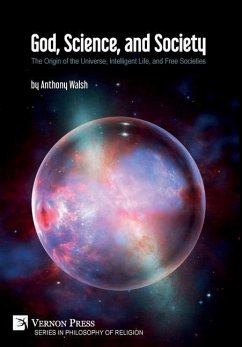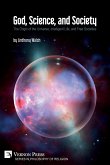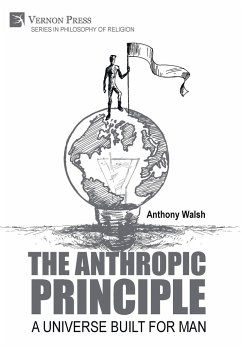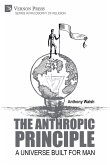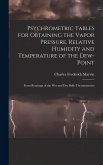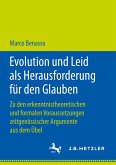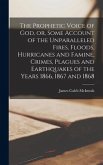"It may seem bizarre, but in my opinion, science offers a surer path to God than religion…science has actually advanced to the point where what were formerly religious questions can be seriously tackled" (Paul Davies, Astrophysicist). Anthony Walsh's latest riposte to atheistic arguments against God's existence draws on Natural Theology, a knowledge of God based on evidence from both the natural and social sciences. Covering everything from the Big Bang and the origins of life to the mystery of intelligent consciousness, Walsh makes even the most technical scientific writings accessible to the general reader and tackles a question few books on the relationship between science and religion have ever sought to address: how does Christianity positively affect societies, families, and individuals in terms of democracy, justice, happiness, health, and prosperity?
Bitte wählen Sie Ihr Anliegen aus.
Rechnungen
Retourenschein anfordern
Bestellstatus
Storno

